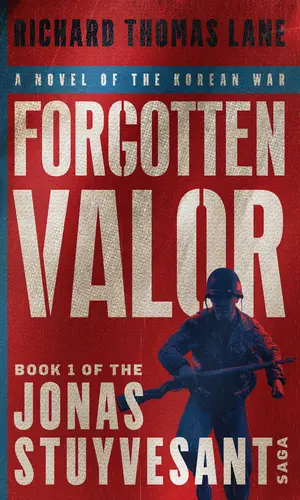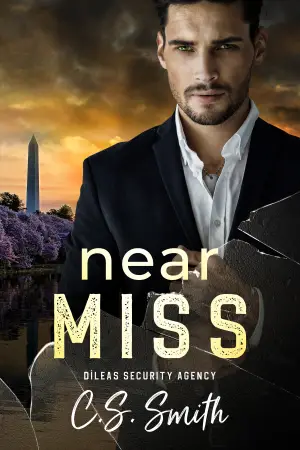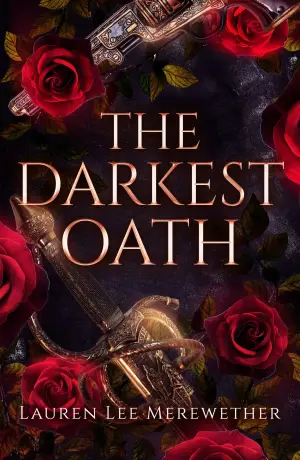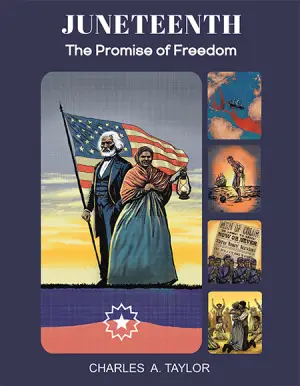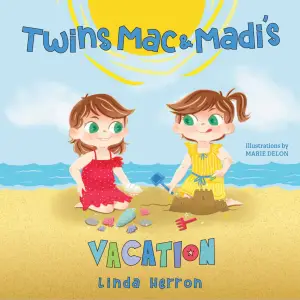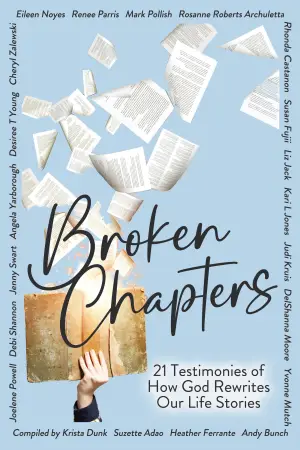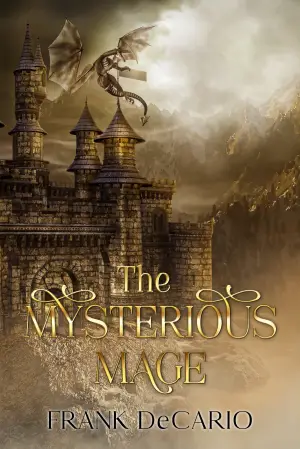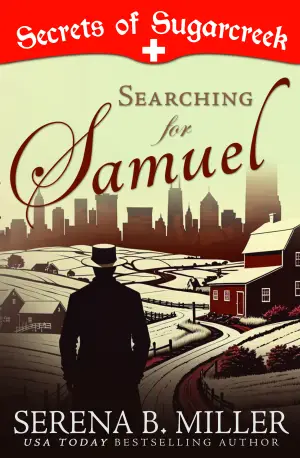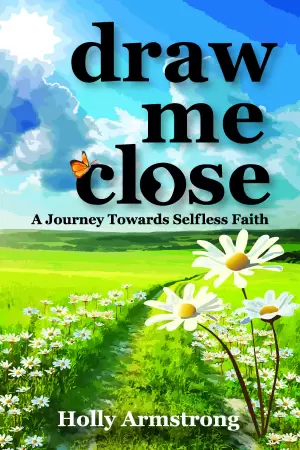Ready Player One: A Nostalgic Dive into the Digital Abyss
When I first picked up Ready Player One by Ernest Cline, I was drawn in by the promise of a thrilling adventure wrapped in a nostalgic haze of 80s pop culture. The cover gleamed with the excitement of a digital treasure hunt, reminiscent of a video game I’d lose many hours to in my youth. Little did I know, this book would take me on a rollercoaster ride through a vividly imagined future, filled with both laughter and reflection.
Set in the dystopian year of 2045, the world has succumbed to an energy crisis, leaving people retreating into the virtual realm of the OASIS to escape their grim realities. Meet Wade Watts, our unlikely hero, a teenage “gunter” (egg hunter) vying for a monumental prize left behind by the late, eccentric billionaire James Halliday. The quest? Solve a series of intricate puzzles steeped in the fabric of 80s pop culture and gaming.
Cline’s writing style is approachable and engaging, as though he’s inviting you to sit beside him on a sofa piled high with old video game cartridges, sharing secrets and laughs. The pacing never lags, with each chapter feeling like a new level in a game, packed with action and twists that kept me at the edge of my seat. The characters—particularly Wade, Art3mis, and Aech—are well-fleshed-out and relatable. Their dynamics unfold organically, reflecting genuine friendship, rivalry, and the complexities of navigating both virtual and real worlds.
One of the most striking aspects of Ready Player One is its ability to intertwine nostalgia with contemporary themes: the risks of virtual escapism, the quest for identity, and the importance of community. As Wade navigates his challenges, moments of introspection remind the reader of the consequences of losing oneself entirely in a digital universe. A memorable quote that resonated with me was, “It occurred to me then that for the first time in as long as I could remember, I had absolutely no desire to log back into the OASIS.” This simple realization encapsulates the heart of the narrative—our need to engage with the real world, no matter how daunting it may be.
What truly sets this book apart for genre enthusiasts is Cline’s meticulous attention to detail in the realm of pop culture. References to iconic games, movies, and music are sprinkled throughout the narrative, creating a rich tapestry that appeals to anyone who’s ever felt a sense of belonging in the geek culture. Readers from my generation will feel an undeniable sense of nostalgia, while newcomers may find themselves curious about the era that shaped our digital landscape.
In conclusion, Ready Player One isn’t just a book about gaming; it’s a journey about friendship, resilience, and finding purpose beyond screens. I wholeheartedly recommend this gem to anyone who has ever felt the thrill of a high score or the tug of nostalgia for simpler times. Whether you’re a gamer, a pop culture buff, or just someone searching for a captivating story, Cline’s novel will transport you to a world where the stakes are high, but the heart of humanity shines brighter than any pixelated facade.

